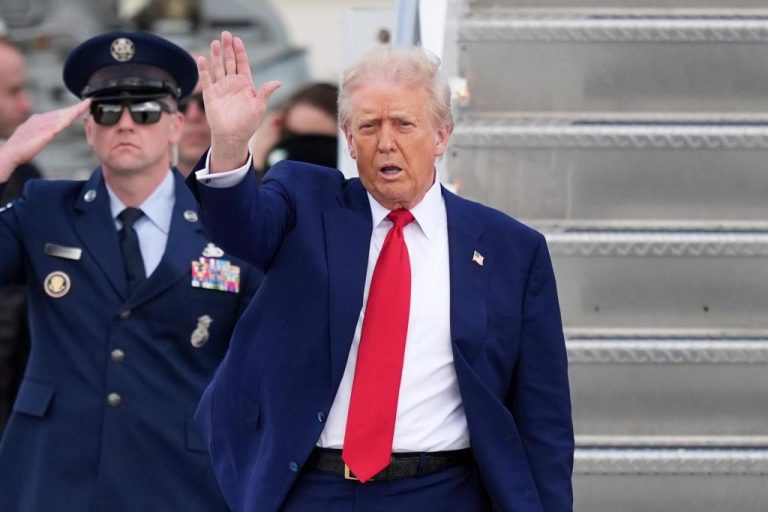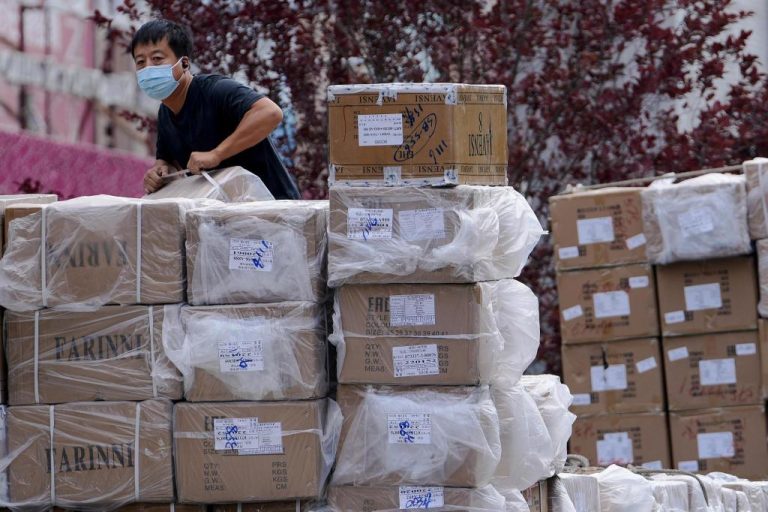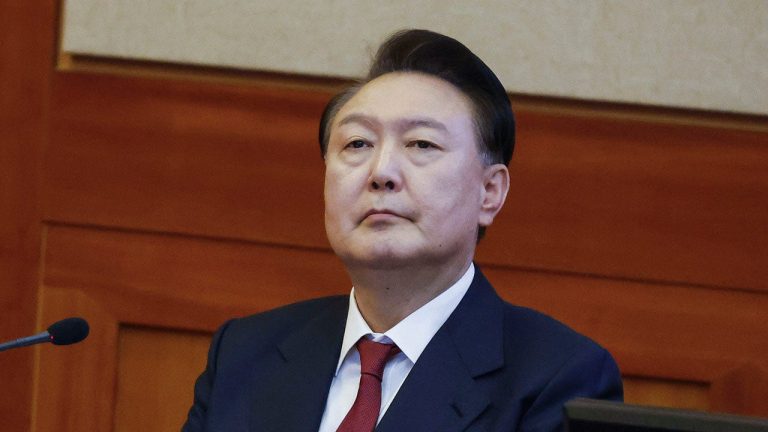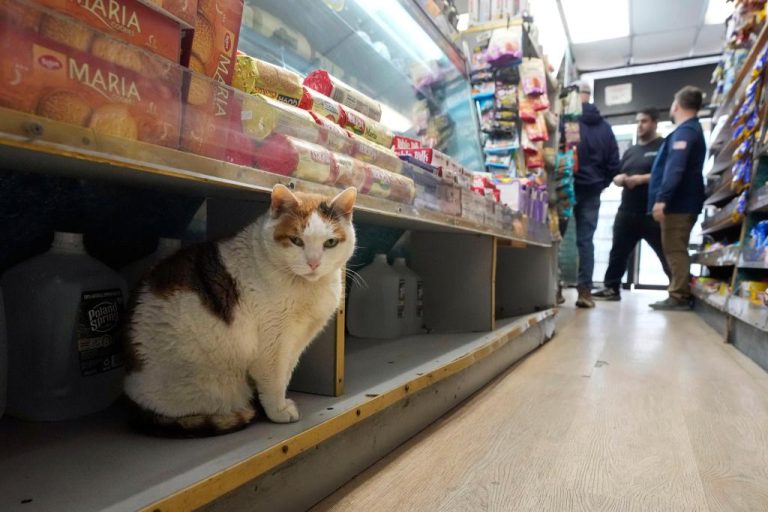

Albert “AJ” Perez is a 6-foot-4 quarterback from Huntington Beach who spent his freshman year of college at Utah Tech University, a Division I program in St. George, Utah. He transferred to the University of San Diego over the summer and reported to preseason practice on Aug. 1.
Eight days later, at about 11 p.m., Perez said players received a group text from veteran teammates ordering them to a “mandatory” event at a campus residence hall.
The upperclassmen were inside the lounge, Perez said. The “rookies” — freshmen and transfers — were outside and told to strip and press their genitals against the window so the upperclassmen inside could see, he said.
“Once that was done,” Perez alleges in a lawsuit filed this week, “the door would be unlocked for each individual person to enter the room where grotesque pornography was shown. The door was locked behind them.”
It was the first of two hazing rituals that Perez says led to his abrupt departure from the football team and university.
The lawsuit alleges a culture that has existed for years at USD and says that “several” coaches who had previously been players had participated in similar acts of hazing. “Further, it is believed that the head coach had knowledge of many of these offending acts,” the lawsuit says.
USD issued a statement Wednesday saying it had just received a copy of the lawsuit, which includes graphic and sexual allegations of hazing.
“Our own internal inquiry is currently underway but incomplete. It would be inappropriate to comment pending the conclusion of that inquiry,” the statement said. “The university takes reports of violations of the student code of conduct with the utmost seriousness and condemns acts of hazing and bullying of any kind.”
Allegations of hazing within USD’s football program were first made public in August, as the team prepared for its season opener against Cal Poly. The university offered few details about the nature of the alleged hazing but said it did not believe anyone was physically harmed.
USD President James T. Harris has addressed the allegations in two letters to staff. The first, sent Aug. 28, indicated all program activities were temporarily suspended within hours of learning the “disturbing news” and approximately half the team faced “varying degrees of disciplinary action.”
In his most recent letter, dated Oct. 12, Harris said perpetrators could face further disciplinary action under the university’s code of conduct as well as “consequences stemming from the ongoing San Diego Police Department inquiry.”
Numerous Toreros players did not appear in USD’s first few games, but most have since returned to the field.
Perez claims the only person truly punished so far is him, prompting him to discuss what happened and file the lawsuit in San Diego Superior Court. It does not specify a dollar figure he is seeking for compensatory damages.
“It’s been really hard for me,” Perez told the Union-Tribune in a phone interview Wednesday. “I’ve never felt that violated in my life. I’ve gone through different stages of emotions … mad, upset, sad. Now it’s at the point where it’s the frustration of everything being taken away.
“I’m the only one not playing football. I want to play football again. I want to be in school again. I just want to have a normal life again. It’s so upsetting. It’s been a lot … a lot.”
Perez said he encountered no hazing as a freshman at Utah Tech — “literally, nothing at all.”
He said things changed shortly after arriving on campus at USD, starting with the late-night gathering at the residence hall, which was otherwise vacant because regular students had not yet arrived for fall semester.
“There were some red flags before that, but that just escalated everything,” Perez said. “I just kept asking, why? That was the big question running through my head: Why? This is so weird. Why would they even want to do this? What is the point of all this?
“It has nothing to do with team bonding like they were preaching. It was just gross, in my opinion.”
Perez said he then began hearing rumors of the annual “rookie show,” where new players perform a skit or a song in front of veterans. A text blast came late on the evening on Aug. 17 summoning the rookies to the football locker room, Perez said.
Perez said he arrived to find a table with cases of beer and players smoking marijuana, and, while he wasn’t forced to partake, most players were inebriated. He said rookies were told they had to perform naked to music in front of the veterans, and those who didn’t satisfactorily would be subjected to “spooning” — where, according to the complaint, “spoons would be thrown at them, or they would be hit in the buttocks with a large wooden spoon.”
Perez said they were given props for the raunchy show. Perez said he was reluctant to participate when he learned they would perform naked.
“The pressure was so immense that I didn’t want to be excluded and not be part of the team and be looked at as an outcast,” he said. “I’m a new player on the team. As a quarterback, you rely so much on other players to help you out. I didn’t want to be ostracized from the team.
“I was so stressed out. I was calling my mom so much that night, saying, ‘Mom, I don’t want to do it.’”
Perez said he initially walked in wearing his underwear and a towel, but those were quickly ripped off by other players.
As a transfer, Perez was one of the first to perform. Thirty-odd freshmen were next to go, but he returned to his dorm room and called his parents while teammates texted him to return to the locker room, he said.
“I was trying to mentally process everything,” Perez said. “I had never felt that violated in my life. I didn’t know what to do. I knew I had a practice the next day and I thought, ‘I can’t go home.’
“Then one of the players came in and kind of mockingly laughs and says, ‘Nice show, AJ.’ That sent me over edge. That made me want to leave. I packed a little backpack, got in the car and drove home around 2:30, 3 in the morning.”
Perez has been back only to retrieve his personal belongings.
On Aug. 24, in the head coach’s only public comments on the incident, head coach Brandon Moore said his staff was alerted to a potential issue when “we had a player go missing. We inquired about it. He went home, needed to decompress.”
Coaches and players have not been made available to the media since.
Perez said at least two alums on the coaching staff told him similar incidents happened when they played there.
Moore, a former NFL linebacker, replaced Dale Lindsey last spring after leading Colorado School of Mines to the Division II national championship game. USD plays non-scholarship Division I football as part of the Pioneer League alongside teams from the Midwest and East Coast.
Perez and his attorney, the El Segundo-based Scott Carr, said Perez discussed a return to campus with school and team officials but was told the university couldn’t “guarantee” his protection. Perez said he asked to complete the semester remotely via online classes but was not accommodated.
“We wanted to give USD a chance to do the right thing,” said Carr, whose son attended the school. “We wanted to see whether or not they would punish coaches. We wanted to see whether or not they would expel wrongdoers. So we gave them a little time. Obviously, they’ve done nothing. … It’s crazy stuff to happen anywhere, but to happen at a school like USD to me is intolerable. And USD appears to be tolerating it.”
USD is 1-6 heading into Saturday’s homecoming game against Morehead State.




